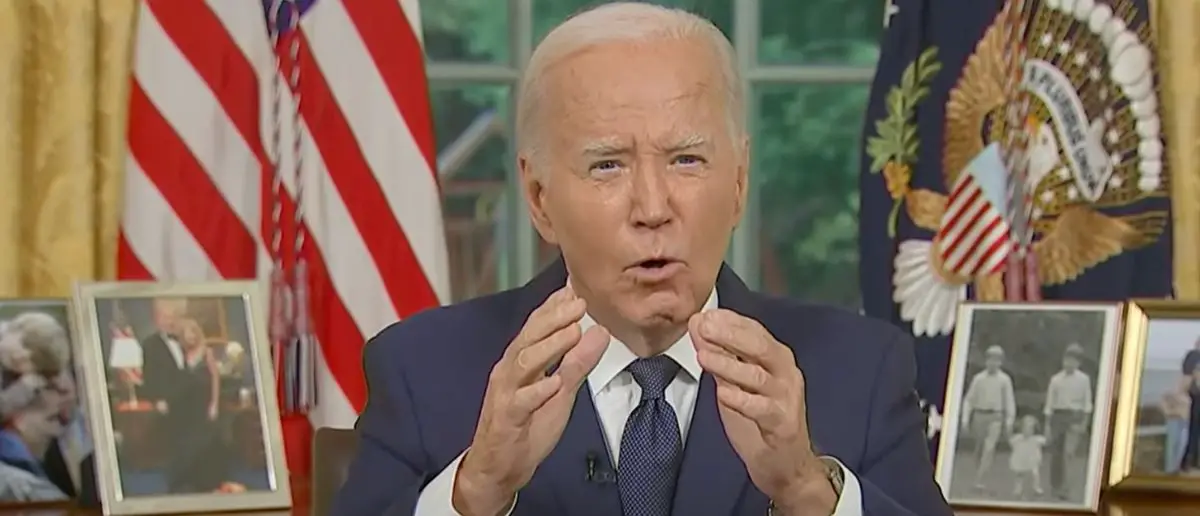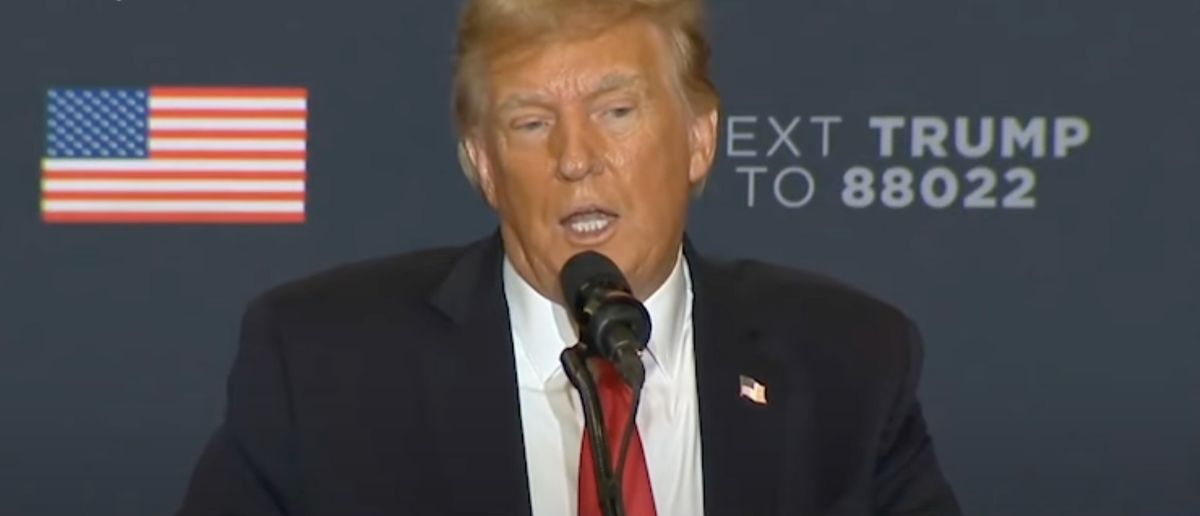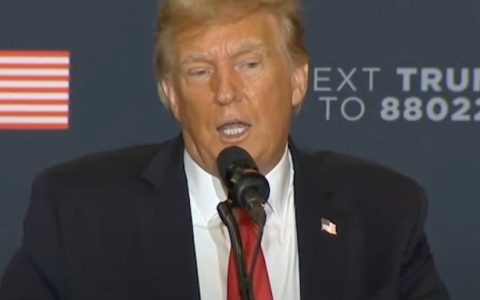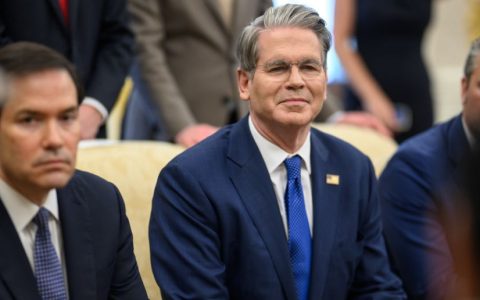
Joe Biden and the truth have a complicated relationship. He’s never been one to admit his faults.
And now everyone’s eyes are rolling after Biden dropped this whopper of a lie.
President Biden began his final week in office on Monday by attempting to bolster his foreign policy legacy, asserting that his administration has strengthened the United States on the global stage.
His speech marked the first of two farewell addresses aimed at shaping his narrative as he departs with historically low approval ratings and widespread public frustration amid escalating global crises.
A follow-up prime-time address is scheduled for Wednesday from the White House, where Mr. Biden will continue to promote his accomplishments.
Speaking from the State Department, Biden championed his foreign policy achievements, claiming his administration revitalized alliances and avoided entangling America in new wars.
“Thanks to our administration, the United States is winning the worldwide competition compared to four years ago,” he declared. “Our alliances are stronger, our adversaries and competitors are weaker. We have not gone to war to make these things happen.”
While Biden’s foreign policy has earned high praise in Europe, the sentiment is far less favorable at home. A Gallup poll released Monday revealed that approval of U.S. leadership has risen in 26 of 30 NATO countries since 2020, with double-digit increases in 20 nations.
However, domestically, Biden faces a starkly different picture, leaving office with a dismal 37% approval rating and 60% disapproval of his foreign policy, according to Real Clear Politics.
Under Biden’s watch, several crises have escalated. He failed to broker a ceasefire between Israel and Hamas, and fighting spread to Lebanon through Iranian proxies. In Ukraine, U.S.-supplied missiles struck targets within Russia, further intensifying the conflict, as Moscow now enlists North Korean troops to bolster its forces.
Still, Biden touted his global accomplishments. He highlighted efforts to unify NATO against Russian aggression, counter China’s territorial ambitions in the South Pacific, and contain Iran’s destabilizing influence in the Middle East.
“Russia, China, and Iran are all weaker today than when I took office,” Biden asserted, portraying these nations’ alliances as stemming “out of weakness rather than strength.”
He claimed his administration was leaving a stronger, more secure world for President-elect Donald Trump.
“It’s clear my administration is leaving the next administration with a very strong hand to play and we’re leaving them and America more friends and strong alliances whose adversaries are weaker and under pressure,” he said.
However, Biden’s speech glossed over some of his administration’s most glaring foreign policy failures. His approval ratings never recovered after the botched withdrawal from Afghanistan in 2021, which culminated in the deaths of 13 U.S. service members during a terror attack.
The withdrawal left the Taliban in control and raised serious questions about Biden’s leadership. On Monday, Biden defended the decision, stating it saved lives by removing troops from harm’s way, but he notably omitted any mention of the soldiers k*lled during the chaotic evacuation.
Critics also fault Biden for his administration’s unpreparedness in the days before Hamas’s surprise terror attack on Israel in October 2023. Just a week before the attack, National Security Adviser Jake Sullivan claimed the Middle East was the safest it had been in years.
Further criticism has been aimed at Biden’s response to Russia’s invasion of Ukraine. Accused of being too hesitant in the early days, his administration’s strategy has been questioned, particularly as the U.S. has committed over $100 billion in taxpayer funds to aid the conflict without a clear path to resolution.
As Biden attempts to frame his foreign policy as a success story, his legacy remains deeply divided — praised abroad but riddled with controversies and failures at home.
Stay tuned to the DC Daily Journal.





